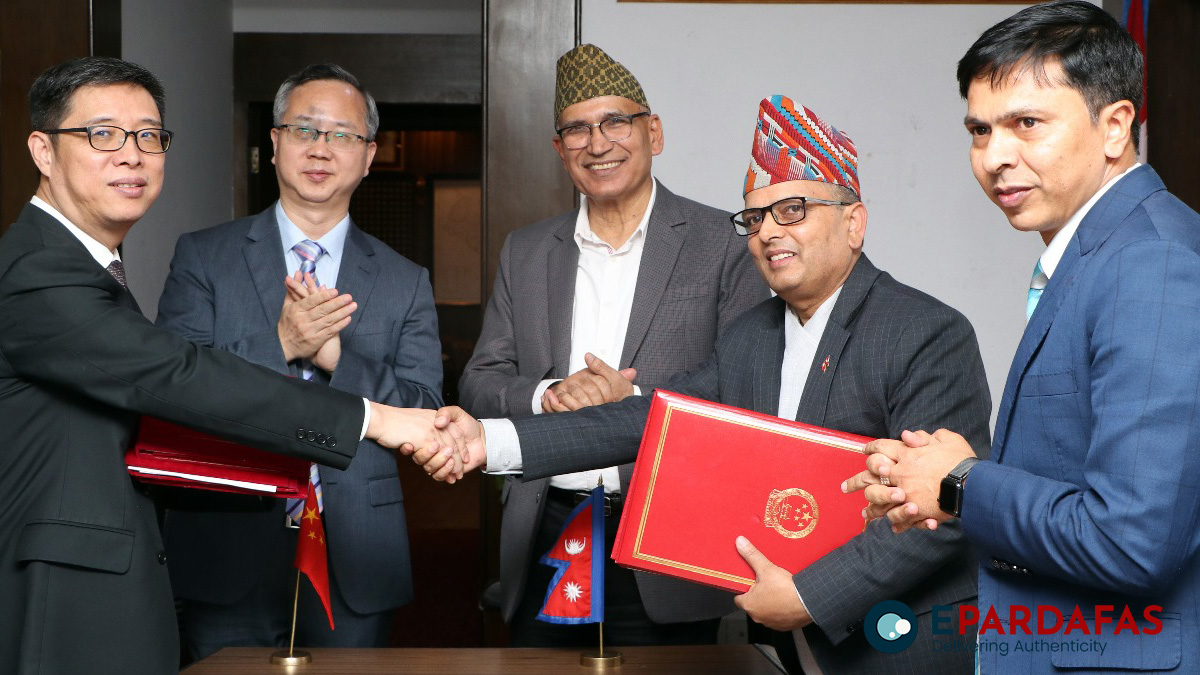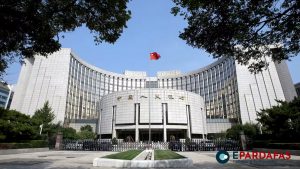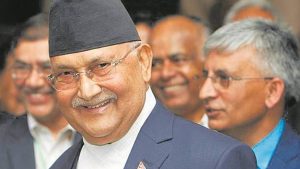
Chinese Public Opinion on Nepal’s Loan Grant Proposal Sparks Debate Amid Corruption Investigation
In recent findings, Nepalese think tank The Araniko Project analyzed comments from Chinese social media regarding Nepal’s request for a $216 million loan conversion, originally meant for constructing Pokhara International Airport, into a grant. According to their report, published on September 20, 2024, many Chinese netizens voiced strong opposition to Nepal’s request. The prevailing view, as expressed online, is that Nepal’s appeal for loan forgiveness is both unreasonable and a potential prelude to a default. Chinese commentators suggested that Nepal’s actions were self-serving, reflective of similar trends among smaller South Asian countries, and indicative of an unfriendly approach toward China.
Some users warned that China could face consequences similar to those of the former Soviet Union if it continues to extend generous loans and grants without caution. Others cited China’s long-standing support for Nepal since the 1960s, contrasting it with what they perceive as Nepal’s unwillingness to honor its financial commitments. A few, however, expressed that converting the loan into a grant might allow China to ease Nepal’s financial burden, potentially enhancing its diplomatic stance against regional competitor India.
Formal Appeal from Nepalese Government for Loan Conversion
Nepal formally approached China to convert the airport construction loan into a grant, a request handed over by Dhaniram Sharma, Chief of the International Financial Aid Coordination Division, to Yang Weigun, Vice Chair of the China International Development Cooperation Agency, during a diplomatic exchange on October 26, 2024. Nepal’s Deputy Prime Minister and Finance Minister Bishnu Prasad Paudel cited Nepal’s economic challenges as motivation for this appeal, expressing hope for China’s assistance as a “friendly neighbor.”
Present at the meeting were Finance Secretary Dr. Ram Prasad Ghimire, Chinese Ambassador to Nepal Chen Song, and several other dignitaries. The program also featured the signing of four cooperation agreements covering major infrastructure projects in Nepal, including the construction of a critical section of the Kathmandu Ring Road, road upgrades, and feasibility studies for improved transit and landslide control measures on the Araniko Highway.
Corruption Scandal and Technical Issues at Pokhara Airport
In a troubling turn, the Pokhara International Airport project—funded in part by the controversial loan—is under intense investigation by Nepal’s Commission for the Investigation of Abuse of Authority (CIAA). Findings so far indicate extensive corruption and technical deficiencies in the project, compounded by political pressures that could challenge the agency’s efforts to enforce accountability.
The construction, managed by China CMC Engineering Company in collaboration with Nepal’s Civil Aviation Authority, has faced scrutiny for failing to meet the standards of a viable international airport, with many questioning its future profitability given that it currently handles mostly domestic flights. These financial strains add to Nepal’s broader economic challenges as it navigates its relationship with China.
Political Interference and Diplomatic Pressure
As the investigation into the airport’s construction deepens, the Chinese Embassy in Kathmandu has reportedly urged Nepalese authorities to curtail any legal action, allegedly lobbying high-ranking officials, including the Prime Minister. CIAA Chief Prem Kumar Rai, however, has expressed determination to pursue the inquiry despite external pressures.
Financial Irregularities and Lack of Transparency
The CIAA uncovered serious financial discrepancies within the airport project, with only a portion of the agreed $244 million funding released to date, raising concerns over fund disbursement and management. The construction contract with China CMC Engineering lacks clear guidance on tax responsibilities, creating loopholes that allegedly allowed customs duty and tax exemptions that favor the Chinese contractor.
Further technical issues have been identified, including improper soil disposal and design faults compromising safety and usability. These structural flaws, coupled with political involvement, highlight both the challenges in holding responsible parties accountable and the risks Nepal faces in such projects.
Expert Commentary and Diplomatic Ramifications
Foreign affairs analysts argue that the Pokhara Airport situation exemplifies the need for transparency in public works. Experts such as Vijay Kant Karna and Arun Subedi have stressed that inflated project costs and opaque financial dealings suggest systemic issues. Calls for a full investigation into the motives and irregularities surrounding the project underscore the importance of corrective measures to uphold Nepal’s development standards and prevent similar occurrences in the future.
As Nepal navigates the complexities of its relationship with China, resolving the Pokhara Airport crisis through transparency, accountability, and regulatory reform will be essential. Only by prioritizing impartial adjudication and clear policy guidelines can Nepal ensure that infrastructure projects foster public trust and genuinely contribute to national development.
For the full research report by The Araniko Project, visit The Araniko Project on Substack.













Comments